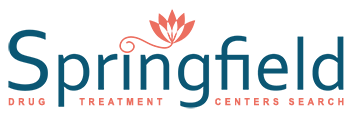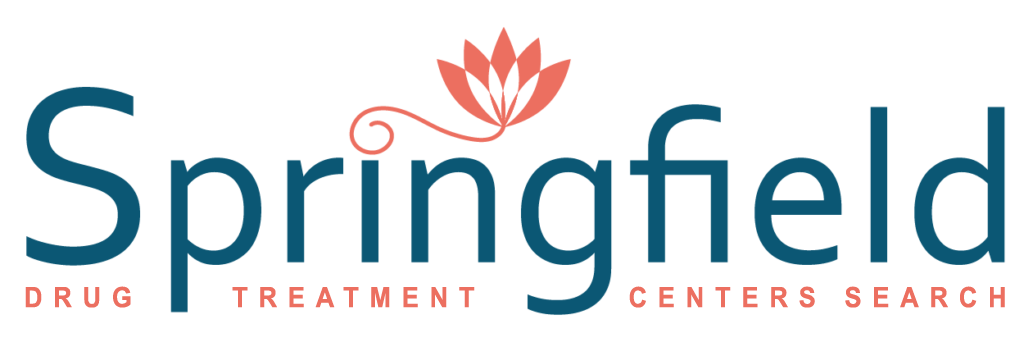Relapse Prevention Programs in Springfield, MO
Springfield Drug Treatment Centers knows that relapse prevention programs are an important part of drug treatment, with these measures applied throughout rehabilitation and during aftercare. Relapse is a common outcome of drug addiction, with dedicated prevention measures needed to avoid the cycle of addiction and rehabilitation. During relapse prevention programs, therapists help patients to identify possible triggers, avoid dangerous emotional and environmental situations, and cope with challenging life events as they arise. By learning how to recognize triggers and other high-risk situations as they develop, patients can learn to change their behavior from the inside-out and avoid making unwanted impulsive and compulsive decisions.
What is Relapse?
Relapse takes place whenever someone returns to problematic substance use after a period of abstinence. This can happen at any time, with some people relapsing immediately after treatment and others relapsing months or years down the road. According to the National Institute on Drug Abuse (NIDA), between 40 and 60 percent of treatment admissions relapse at some point. In order to understand why relapse is so common, it’s important to understand the nature of addiction and how it affects people in the context of drug abuse.
What is Addiction?
A substance addiction is defined by compulsively engaging in rewarding substances even when those substances are having a negative impact on your life. Generally speaking, someone is said to have a drug or alcohol problem whenever substance use is causing problems and they continue despite these problems. Because addiction is a learned behavior maintained by brain changes from drug exposure, dedicated prevention mechanisms are needed to set up new physical and psychological associations. While medical detox and pharmacotherapy programs can break down existing physical dependencies, psychotherapy programs are needed to take care of the emotional and environmental aspects of addiction.
The Stages of Relapse
Relapse occurs in a number of stages, with emotional relapse followed by mental relapse and physical relapse. While an actual relapse event does not occur until someone starts taking drugs or drinking again, there are normally plenty of warning signs well before this happens. Common signs of emotional relapse include mood swings, anger, resentment, frustration, sadness, social isolation, and unhelpful feelings. Common signs of mental relapse include drug fantasies, romantic notions of drug use, and planning specific relapse scenarios. Recovering addicts are often completely unaware of these warning signs as they’re taking place, which is why it’s so important to be engaged with a professional treatment plan.
The Importance of Aftercare
The drug treatment process is best applied in a series of progressive phases, from the early days of detox through to the later stages of rehab and aftercare support. While detox helps people to stop using drugs and rehab addresses many of the psychological issues that underpin addiction, aftercare is just as important to the overall process. Conventional 12-step programs, SMART Recovery groups, and sober living communities all have an important role to play, with some people staying engaged with aftercare support groups on an indefinite basis. If you or anyone you know is living with drug abuse or addiction, Springfield Drug Treatment Centers can help. Just give our recovery advocates a call today at (217) 318-3600.

